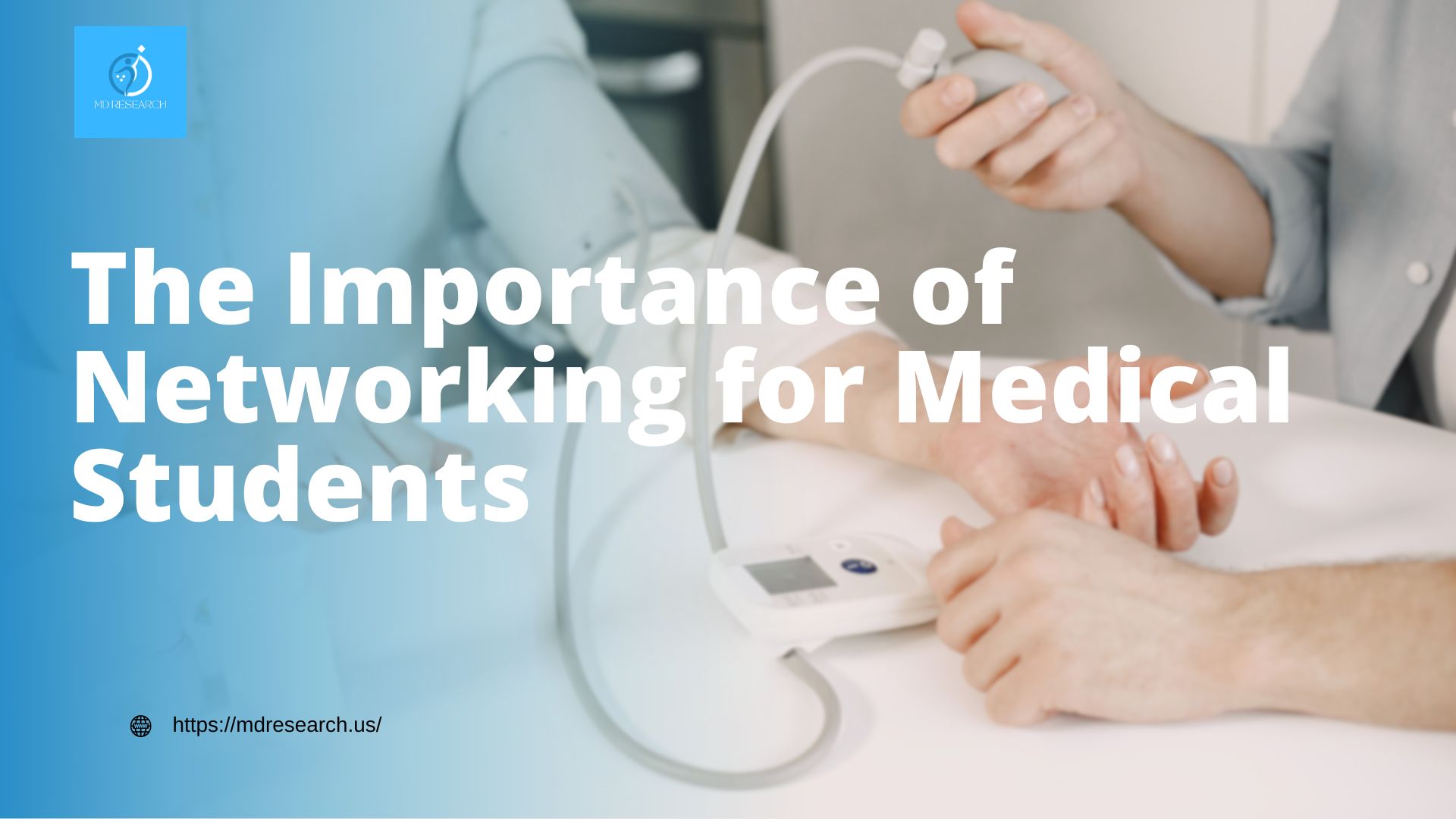
Networking is one of the most important skills a medical student can develop. It can help open doors to opportunities that might otherwise be out of reach. Jared Sharza, a fourth-year medical student at the University of Medicine & Health Sciences in Saint Kitts, shares his experiences and advice on how networking has positively influenced his medical career.
Building a Strong Foundation
The first step in building a professional network is to ensure your resume and contact information are up-to-date. This includes having a professional-looking resume with your email address and phone number clearly listed. Services like Staples or Office Depot offer free templates and printing services to help you create a polished resume.
Once you have your resume ready, it’s time to start networking actively. Attending meetings and conferences related to your field of interest is a great way to meet people. These events are designed for networking, and most attendees are open to engaging in conversation. Sharza highlights how meeting people at conferences can lead to research opportunities and other valuable connections. If you’re worried about not being good with interpersonal skills, don’t be. Meetings are an excellent place to practice and improve those skills.
Making the Most of Alumni Networks
Alumni networks are another valuable resource for medical students. Sharza shares his experience of organizing group interviews with alumni from various medical specialties. This initiative turned into a peer-to-peer networking group where medical students could seek career advice. Interviewing these residents from different specialties gave Sharza valuable insights into how their careers intersected with his own. Connecting with these alumni also led to offers to connect him with various programs.
The Ethical Side of Networking
It’s important to remember that networking should be done with integrity. Sharza emphasizes that networking in medicine should not be about taking advantage of others’ success. Instead, it should be seen as an act of generosity and mutual benefit. The word “doctor” comes from the Latin verb “docere,” which means “to teach.” This reflects a core principle of medicine: to nurture the educational experiences of future doctors. Networking allows medical students to find mentors and advocates who can highlight their unique qualities, which might not be fully evident in their applications or assessments.
The Long Journey Ahead
The path to becoming a physician is long and challenging, filled with academic pressures and other life stressors. Consistency and high performance in academics are essential, but networking is also crucial. Sharza believes that networking is an art that should be developed by medical students to increase their access to opportunities that can enrich their education and career.
Practical Tips for Effective Networking
- Attend Conferences and Meetings: Look for events related to your field of interest. These are great places to meet people and learn about new opportunities.
- Prepare Your Materials: Have a professional resume ready. Use services like Staples or Office Depot to create a polished document.
- Engage with Alumni: Reach out to alumni networks. Organize group interviews or meet-ups to gain insights and make valuable connections.
- Practice Interpersonal Skills: Don’t worry if you’re not naturally outgoing. Use networking events to practice and improve your communication skills.
- Approach with Integrity: Networking should be about mutual benefit and learning, not exploiting others. Build genuine relationships.
Networking is a powerful tool that can significantly impact a medical student’s career. From attending conferences to engaging with alumni, building a professional network can lead to invaluable opportunities and insights. Jared Sharza’s experiences highlight the importance of networking with integrity and the potential it has to enrich a medical student’s educational journey.
